Heavy backpacks go hand-in-hand with the return of the school year, and parents need to know how to help their children avoid the pain. While there are no studies showing that carrying a heavy backpack causes structural deformity to the back, kids with chronic back pain are predisposed to becoming adults with chronic back pain.
Warning signs that a backpack is too heavy
The National Safety Council, founded in 1913 by Congress to build awareness, training and share best practices on safety issues, has developed the following warning signs that a backpack is too heavy:
- Change in posture when wearing a backpack.
- Struggling when putting on or taking off the backpack.
- Tingling or numbness.
- Red marks.
A child’s backpack should not weigh more than 15 percent of the child’s body weight, according to the American Academy of Pediatrics (AAP). Younger children and girls seem more susceptible to backpack-related pain, so parents may want lean more towards 10 percent.
Children should also use lockers, if that option is available. Parents can also talk to their child’s teacher and ask how they can help lighten the workload.
Preventing back pain
The AAP provides the following tips to prevent back pain and injury from backpacks:
- Always use both shoulder straps. Slinging a backpack over one shoulder can strain muscles. Wearing a backpack on one shoulder may increase curvature of the spine.
- Tighten the straps so that the pack is close to the body. The straps should hold the pack two inches above the waist.
- Organize the backpack to use all of its compartments. Pack heavier items closest to the center of the back.
- Bend using both knees when you bend down. Do not bend over at the waist when wearing or lifting a heavy backpack.
- Learn back-strengthening exercises to build up the muscles used to carry a backpack.
Back pain among children and adolescents is very common, but if lightening the load and back exercises are not working, it may be time to see an orthopaedic specialist.
 https://riseandshine.childrensnational.org/wp-content/uploads/2024/03/preschool-classroom-feature.png
300
400
Rise and Shine
https://riseandshine.childrensnational.org/wp-content/uploads/2017/11/childrens_riseandshine_logo.jpg
Rise and Shine2024-03-08 08:47:282024-03-08 08:54:56The benefits of enrolling children in early childhood education
https://riseandshine.childrensnational.org/wp-content/uploads/2024/03/preschool-classroom-feature.png
300
400
Rise and Shine
https://riseandshine.childrensnational.org/wp-content/uploads/2017/11/childrens_riseandshine_logo.jpg
Rise and Shine2024-03-08 08:47:282024-03-08 08:54:56The benefits of enrolling children in early childhood education





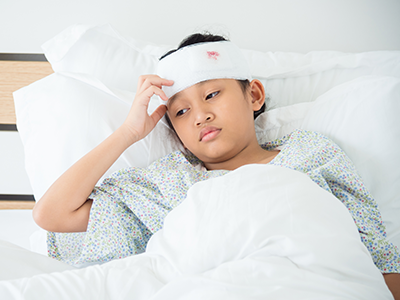
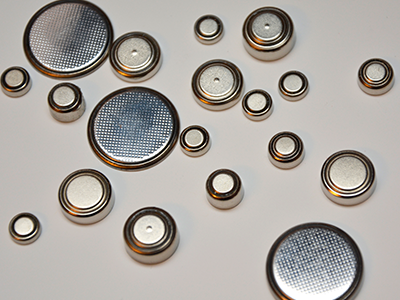



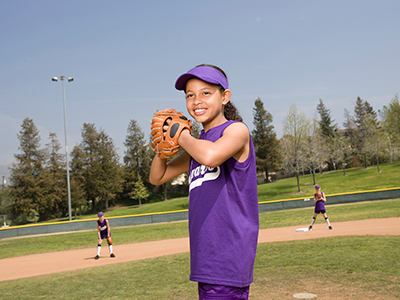


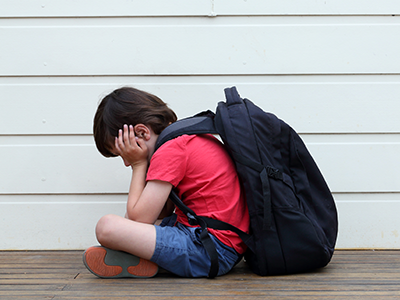

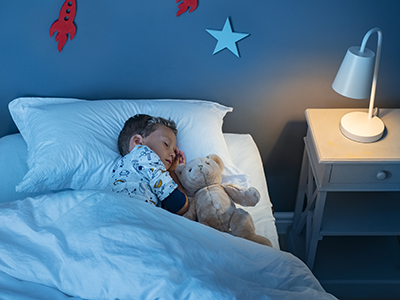

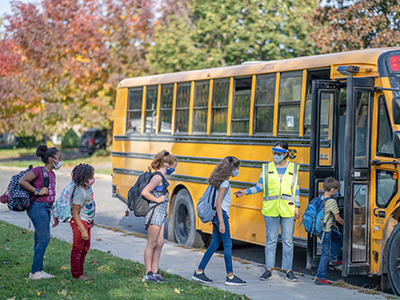
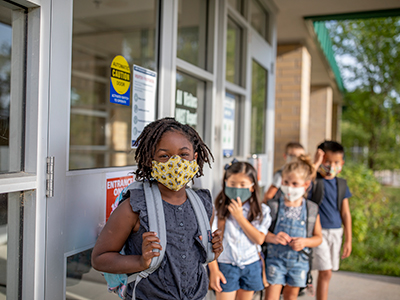
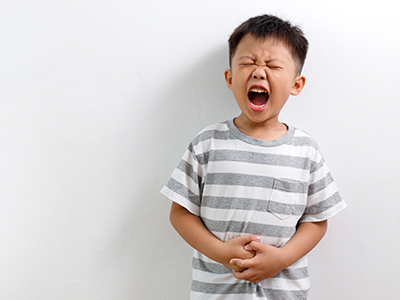
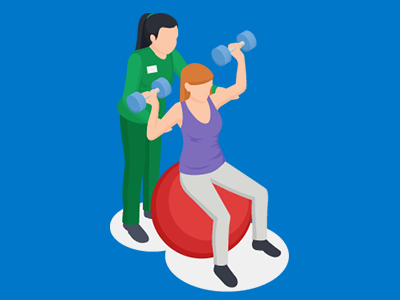
It’s crucial for parents to be aware of the potential impact of heavy backpacks on their children’s spinal health, and as someone familiar with musculoskeletal well-being, I appreciate the focus on this issue. While there may not be definitive evidence linking heavy backpacks to structural deformities, the association between chronic back pain in childhood and adulthood is concerning. The warning signs provided by the National Safety Council serve as valuable indicators for parents to monitor their children’s backpack-related discomfort. Following the American Academy of Pediatrics’ guidelines, such as using both shoulder straps and organizing the backpack efficiently, can significantly reduce the risk of back pain. Additionally, educating children on proper lifting techniques and back-strengthening exercises is a proactive approach to instilling lifelong habits of good spinal health. If back pain persists despite these efforts, consulting with an orthopedic specialist is a sensible step to ensure the child’s well-being.